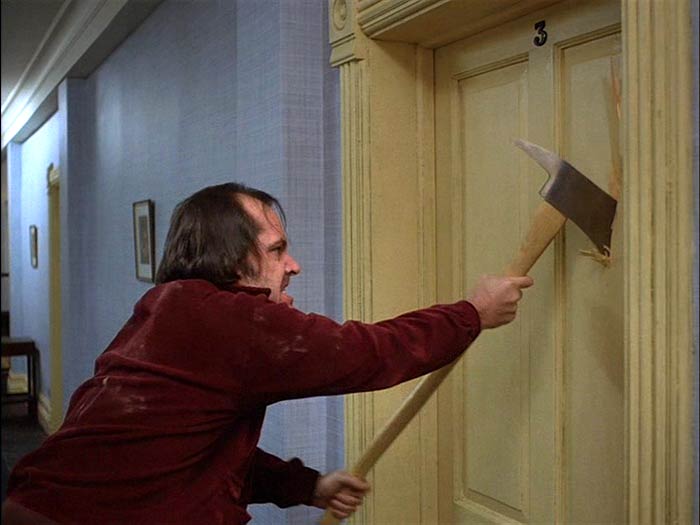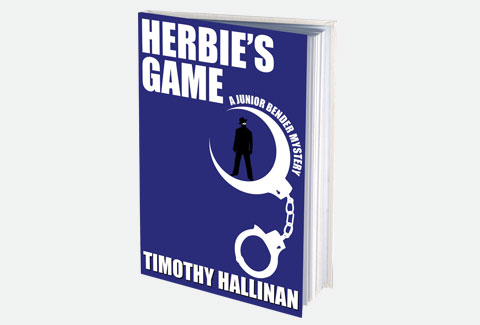
Good Days, Bad Days
“If boot-makers waited for inspiration, we would all go barefoot.” —Anthony Trollope (Paraphrased)
So you’re doing it. You’re writing regularly, setting minimums and meeting them, and the pages and word count are piling up.
And then comes a string of days when inspiration has apparently gone skiing or something, and nothing comes to you, no matter how hard you chew your pencil or your nails. After a couple of hours of writing what feels like uninspired junk, it becomes obvious to you: this book is dead.
Well, cheer up. It happens to everyone.
I have writing days when it seems like the God of Librarians is sitting on my shoulder, dictating to me—days when the words come so quickly I can’t keep up with them, when my characters sing and dance and talk (often endlessly) without my having to lift a finger. These are the days all writers enjoy most.
Then there are days when every word seems to weigh fifty pounds. All the coffee in the world won’t help. Pick up a word, slam it into place, move it somewhere else, find another word, and repeat the process. On those days it usually seems to me like I’ve lost touch with my idea, or the idea stunk in the first place, or whatever talent I may have had has packed up and moved to a nicer ZIP code. Maybe someplace where good writers live.
Those are the days when learning to use a jackhammer seems like a good idea.
But here’s an extremely important secret I learned the hard way. When I read the work six weeks later, I can’t tell the good days from the bad ones. In other words, I usually have no idea whether I’m writing well or badly.
I once wrote almost an entire novel like that. After the first couple of chapters (which are always easy), every day was like breaking rocks. There were virtually no “good days.” I almost quit fifty times. Ironing shirts seemed like a better way to earn a living.
I finished it anyway and sent it off, and it turned out to be one of the best things I ever wrote. That’s not just my opinion—it got the kind of reviews writers dream about when they first think up their title, before they’ve done any real work at all.
Like most writers, I know a lot of writers. (Who else would put up with us?) They all tell me the same thing: if you define a “good day” as a day when you actually write well, they usually have no idea whether they’re having a good day or a terrible one.
What’s the lesson? Keep writing. You don’t always recognize inspiration. Sometimes inspiration comes slowly and feels like drudgery. That day’s work may look wonderful a couple of weeks later. And if it doesn’t, what’s the worst that can happen? You’ve just learned one way not to write the scene. You’ve got something to revise and improve.
On the other hand, if you quit, what have you got? An empty page.
I will say this many times in this section of the site: The enemy is not a bad page. It’s an empty page.
So write through the bad days, even if it feels as though you’re just rolling rocks uphill. They may turn out to be the best days of all.
* * *
Ed. note: This is the seventh post in a series. Check out the Table of Contents to see what’s in store, and be sure to come back next week for a new installment.
Information about Timothy Hallinan’s next book in The Junior Bender series, HERBIE’S GAME, is here.
